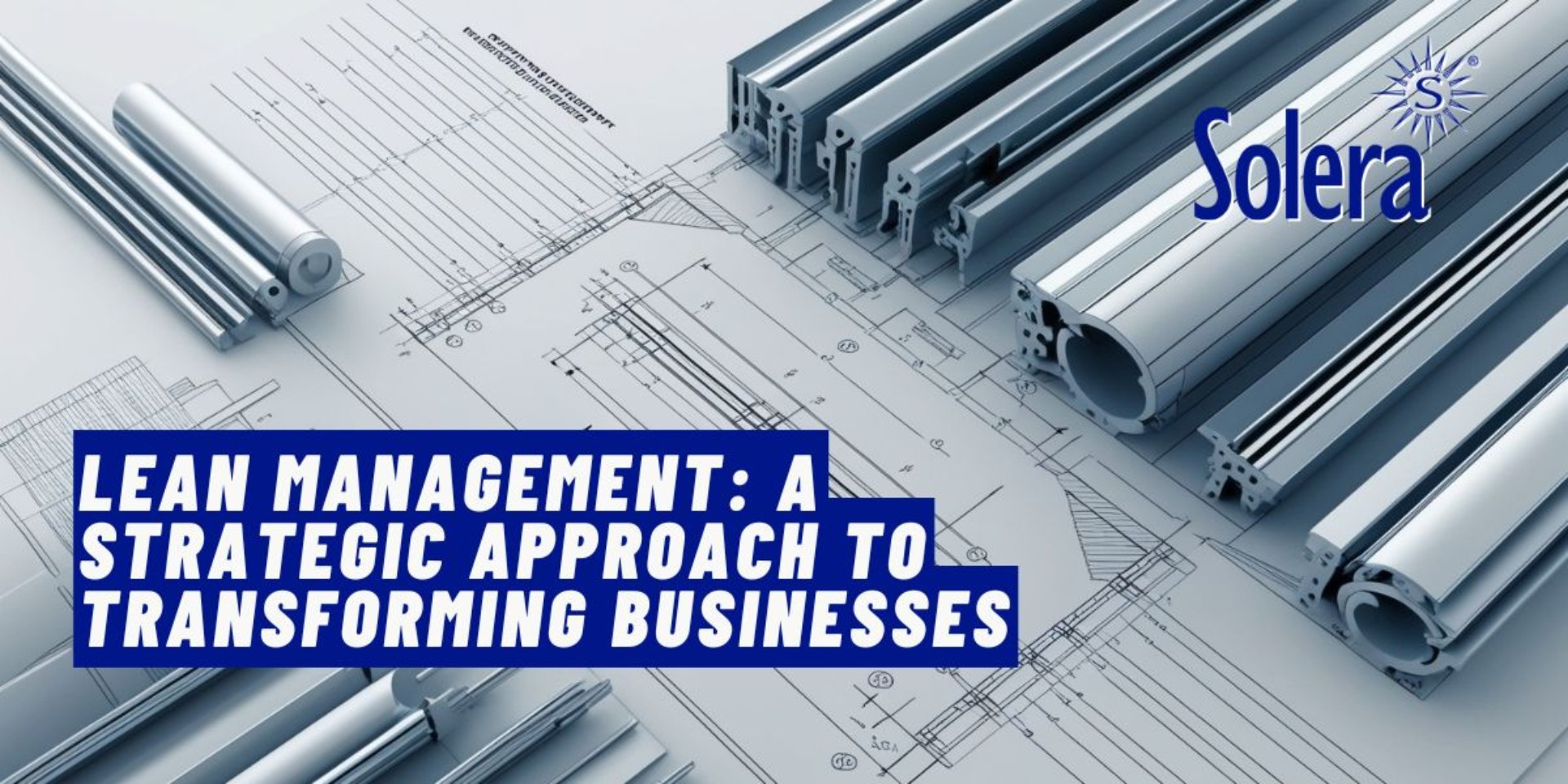In a world where competitiveness and sustainability are essential for business success, organizations are continually seeking ways to optimize their operations and maximize the value they deliver to their customers. Among the methodologies that have revolutionized the way companies operate, Lean Management stands out as a philosophy that combines efficiency, quality, and continuous improvement.
The Origin and Principles of Lean Management
Lean Management originated in Toyota's production system, developed in Japan after World War II. At that time, Toyota faced economic constraints and had to find innovative ways to manufacture high-quality vehicles with limited resources. This need led to the creation of a system that eliminated waste, optimized processes, and focused on continuous improvement.
Today, Lean Management is applied across various industries, from manufacturing to financial and tech services. Its main goal is to create more value for the customer with fewer resources, which is achieved through five key principles:
-
Define value from the customer’s perspective: Identify which aspects of the product or service generate real value.
-
Map the value stream: Analyze each stage of the process to detect and eliminate activities that do not add value.
-
Create continuous flow: Design processes that allow for smooth, uninterrupted work.
-
Establish a pull system: Produce only based on customer demand, avoiding excess inventory.
-
Pursue perfection through continuous improvement: Foster an organizational culture focused on constant, incremental improvements.
The Relevance of Lean Management in the Current Context
The current business environment is marked by global competition, sustainability demands, and more demanding customers. In this context, Lean Management presents itself as a comprehensive solution to tackle these challenges. Some of its most prominent benefits include:
-
Resource optimization: Waste such as excess inventory, downtime, and unnecessary movement is eliminated.
-
Cost reduction: Optimized processes result in fewer mistakes, rework, and additional costs.
-
Agility and flexibility: Companies can quickly adapt to changes in demand or the market.
-
Quality improvement: High standards and early problem detection ensure superior products and services.
-
Greater sustainability: By reducing waste and optimizing resources, companies contribute to environmental conservation.
The Application of Lean Management Across Different Sectors
Although Lean Management originated in the manufacturing sector, its versatility has allowed it to be implemented in a wide range of industries:
-
Logistics and supply chain: Optimization of storage and distribution to reduce delivery times.
-
Healthcare sector: Improvement of patient care flows, reducing waiting times and medical errors.
-
Technology and services: Agile software development, with rapid iterations aligned to customer needs.
In practice, this translates to more efficient, competitive companies that are focused on delivering value to the end customer.
How to Implement Lean Management in a Company
Implementing Lean Management is not a one-time event, but a continuous process that requires commitment and a cultural shift across the organization. Key stages include:
-
Evaluate the current situation: Identify areas for improvement and major waste points.
-
Form interdisciplinary teams: Create focused workgroups to optimize specific processes.
-
Apply Lean tools: Techniques such as Value Stream Mapping, Kaizen (continuous improvements), and Kanban systems to manage flows.
-
Measure and adjust: Continuously monitor results to identify further areas for improvement.
Solera’s Commitment to Lean Management
In 2018, Solera adopted the Lean philosophy with the goal of optimizing its production and logistics processes, strengthening its position as a leader in the industrial sector. The initial implementation focused on the Production and Logistics departments, where tools like Lean Manufacturing and Lean Management were applied to identify inefficiencies and maximize performance.
As the benefits became clear, Solera gradually expanded this methodology to other areas of the company, fostering a culture of continuous improvement. This commitment has allowed the company not only to increase efficiency in its operations but also to offer higher-quality products and strengthen its relationships with customers and distributors.
The impact of this transformation is reflected in Solera's ability to innovate and adapt to market changes, always focusing on delivering practical and effective solutions for its customers.
Conclusion
Lean Management is much more than a methodology; it is a working philosophy that drives companies toward operational excellence. Solera is a prime example of how the implementation of this strategy can transform processes, increase competitiveness, and solidify a leading position in the global market.
In 2018, Solera implemented the Lean philosophy to directly improve its production processes. Initially, Lean Manufacturing and Lean Management were introduced in the Production and Logistics departments, and the methodology was progressively rolled out to other areas of the company. This transition marked a milestone in Solera's commitment to innovation and efficiency, reflecting continuous improvements in product and service quality.
